 Welcome
Welcome
“May all be happy, may all be healed, may all be at peace and may no one ever suffer."
Medication overuse headaches
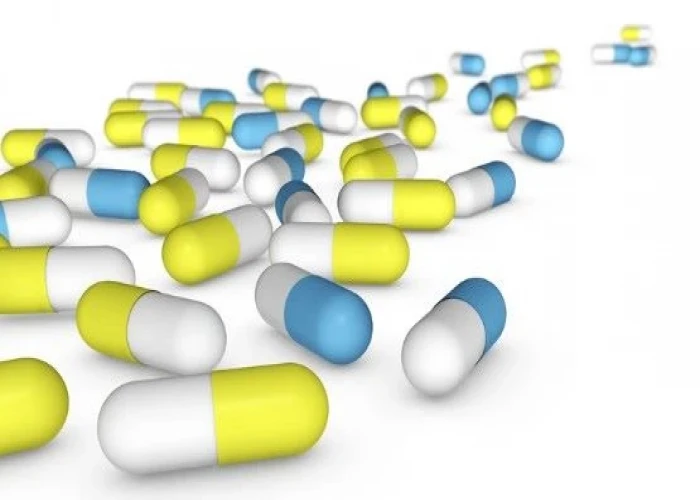
Medication overuse headaches (MOH), also known as rebound headaches, are a type of headache that can occur when certain medications used to treat headaches are taken too frequently or in excessive amounts. These medications may include over-the-counter pain relievers such as acetaminophen, aspirin, and ibuprofen, as well as prescription medications such as opioids and triptans.
MOH typically occurs when individuals overuse headache medication for more than 10-15 days per month. The condition can cause chronic headaches that are more frequent and severe than the original headaches that the medication was intended to treat.
Symptoms of MOH may include:
- Headaches that occur daily or almost daily
- Headaches that are often worse in the morning
- Headaches that improve temporarily after taking medication but then return
- Other symptoms such as nausea, vomiting, and sensitivity to light or sound
To diagnose MOH, a healthcare provider may ask about medication use and headache patterns, and may perform a physical exam and imaging tests to rule out other underlying conditions.
Treatment for MOH typically involves stopping or reducing the use of the medication that is causing the condition. This may involve a gradual tapering of medication use under the guidance of a healthcare provider. Alternative treatments for headaches, such as lifestyle modifications, stress reduction techniques, and preventive medications, may also be recommended.
If you suspect that you may be experiencing MOH or have concerns about your headache symptoms, it is important to discuss your symptoms with your healthcare provider. They can help determine the underlying cause of your headaches and develop an appropriate treatment plan.
Research Papers
Disease Signs and Symptoms
- Nausea or vomiting
- Anxiety, agitation or restlessness
- Difficulty concentrating
- Memory loss
- Headaches
- Improve with pain relief medication but then return as your medication wears off
Disease Causes
Medication overuse headaches
Doctors don't yet know exactly why medication overuse leads to rebound headaches. The risk of developing medication overuse headaches varies depending on the medication, but any acute headache medication has the potential to lead to medication overuse headaches, including:
- Simple pain relievers. Common pain relievers such as aspirin and acetaminophen (Tylenol, others) may contribute to medication overuse headaches — especially if you exceed the recommended daily dosages. Pain relievers such as ibuprofen (Advil, Motrin IB, others) and naproxen sodium (Aleve) have a low risk of contributing to medication overuse headaches.
- Combination pain relievers. Over-the-counter (OTC) pain relievers that combine caffeine, aspirin and acetaminophen (Excedrin, others) are common culprits.
- This group also includes prescription medications such as Fiorinal, which contains the sedative butalbital. Butalbital-containing compounds have an especially high risk of causing medication overuse headaches, so it's best not to take them to treat headaches.
- Migraine medications. Various migraine medications have been linked with medication overuse headaches, including triptans (Imitrex, Zomig, others) and certain ergots — such as ergotamine (Ergomar, others). These medications have a moderate risk of causing medication overuse headaches. The ergot dihydroergotamine (D.H.E. 45) appears to have a lower potential for leading to this problem.
- Opiates. Painkillers derived from opium or from synthetic opium compounds include combinations of codeine and acetaminophen (Tylenol with Codeine No. 3 and No. 4, others). These medications have a high risk of causing medication overuse headaches.
Daily doses of caffeine — from coffee, soda, and pain relievers and other products containing this mild stimulant — may fuel medication overuse headaches, as well. Read product labels to make sure you're not wiring your system with more caffeine than you realize.
Disease Prevents
Medication overuse headaches
To help prevent medication overuse headaches:
- Take your headache medication as prescribed.
- If you need headache medication more than twice a week, contact your doctor.
- Avoid medications that contain butalbital or opioids.
- Use OTC painkillers less than 15 days a month.
- Limit use of triptans or combination analgesics to no more than nine days a month.
Taking care of yourself can help prevent most headaches.
- Avoid headache triggers. If you're not sure what triggers your headaches, keep a headache diary with details about every headache. Eventually, you may see a pattern.
- Get enough sleep. Go to bed and wake up at the same time every day — even on weekends.
- Don't skip meals. Start your day with a healthy breakfast. Eat lunch and dinner at about the same time every day.
- Stay hydrated. Be sure to drink plenty of water or other uncaffeinated fluids.
- Exercise regularly. Physical activity causes your body to release chemicals that block pain signals to your brain. With your doctor's OK, choose activities you enjoy — such as walking, swimming or cycling.
- Reduce stress. Get organized. Simplify your schedule, and plan ahead. Try to stay positive.
- Lose weight. Obesity can contribute to headache development, so if you need to lose weight, find a program that works for you.
- Quit smoking. If you smoke, talk to your doctor about quitting. Smoking is linked to a higher risk of medication overuse headaches.
Disease Treatments
To break the cycle of medication overuse headaches, you'll need to restrict your pain medication. Depending on the drug you're taking, your doctor may recommend stopping the medication right away or gradually reducing the dose.
Breaking the cycle
When you stop your medication, expect your headaches to get worse before they get better. Drug dependency may be a risk factor for drugs that result in medication overuse headaches, and you may have withdrawal symptoms such as:
- Nervousness
- Restlessness
- Nausea
- Vomiting
- Insomnia
- Constipation
These symptoms generally last from two to 10 days, but they can persist for several weeks.
Your doctor may prescribe various treatments to help alleviate headache pain and the side effects associated with drug withdrawal. This is known as bridge or transitional therapy. Treatments may include nonsteroidal anti-inflammatory drugs, corticosteroids or dihydroergotamine, an ergot that may be given through a vein (intravenously).
There's debate over how much benefit bridge therapy may offer, and whether or not one drug is more effective than others. Withdrawal headaches tend to improve in less than a week.
Hospitalization
Sometimes it's best to be in a controlled environment when you stop taking pain medication. A short hospital stay may be recommended if you:
- Have other conditions, such as depression or anxiety
- Are taking high doses of drugs that contain opiates or the sedative butalbital
- Are abusing substances such as tranquilizers, opioids or barbiturates
Preventive medications
Preventive medications may help you break the cycle of medication overuse headaches. Work with your doctor to avoid relapsing and to find a safer way to manage your headaches. During or after withdrawal, your doctor may prescribe any of the following daily preventive medications:
- An anticonvulsant such as topiramate (Topamax, Qudexy XR, Trokendi XR)
- A tricyclic antidepressant such as amitriptyline or nortriptyline (Pamelor)
- A beta blocker such as propranolol (Inderal, Innopran XL)
- A calcium channel blocker, such as verapamil (Calan, Verelan, others)
These medications can help control your pain without risking medication overuse headaches. If you're careful, you may be able to take a medication specifically meant for pain during future headache attacks. Be sure to take medications exactly as prescribed.
Injections
Injections of onabotulinumtoxinA (Botox) may help reduce the number of headaches experienced per month as well as headache severity.
Cognitive behavioral therapy (CBT)
During this talk therapy, you learn ways to cope with your headaches. In CBT, you also work on healthy lifestyle habits and keeping a headache diary.
Disease Diagnoses
Disease Allopathic Generics
-
Paracetamol
A popular common treatment for headaches is a medication with paracetamol or aspirin.
First 2 and then 1 3 times a day.
-
Vitamin B complex
To eliminate weakness. 1 pill 2 times a day after meals.
-
Naproxen Sodium
Naproxen is a medicine that can be used to bite into the head for scalp pain.
Young age 250mg or adults 500mg 2 times a day after meals for 5/7 days.
-
Ranitidine Hydrochloride
Medicines containing ranitidine for stomach gas. 1 pill 2 times a day after meals.
Disease Ayurvedic Generics
Disease Homeopathic Generics
Disease yoga
Medication overuse headaches and Learn More about Diseases

Addison's disease
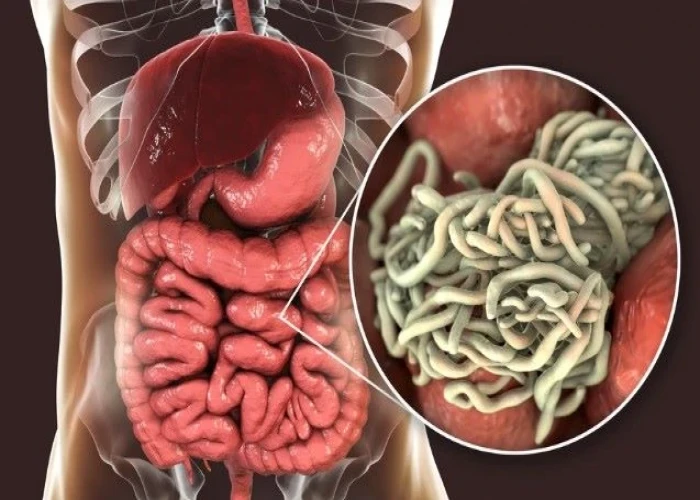
Pinworm infection
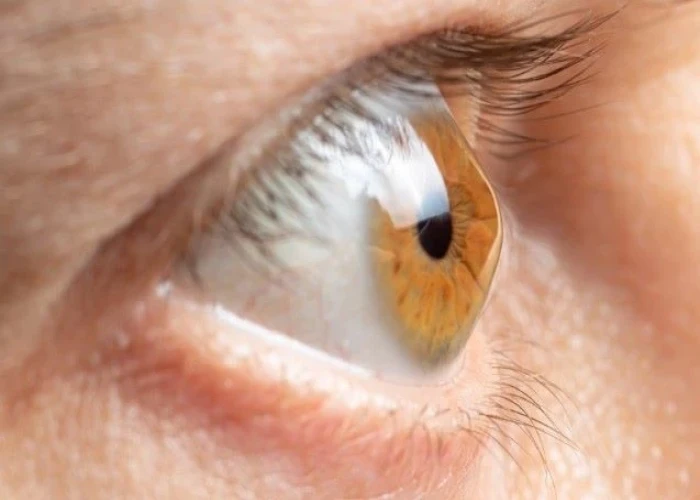
Keratoconus
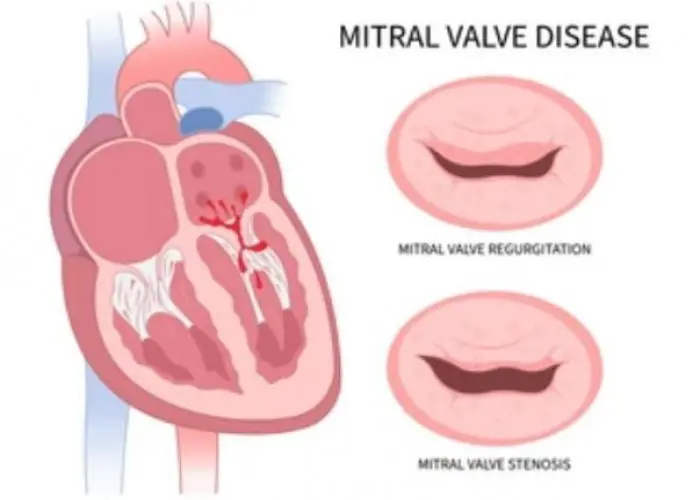
Aortic valve regurgitation

Tape Worm
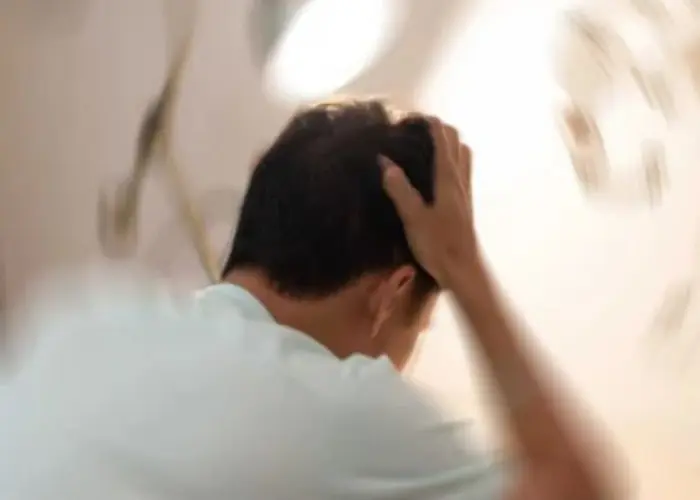
Benign paroxysmal positional vertigo (BPPV)
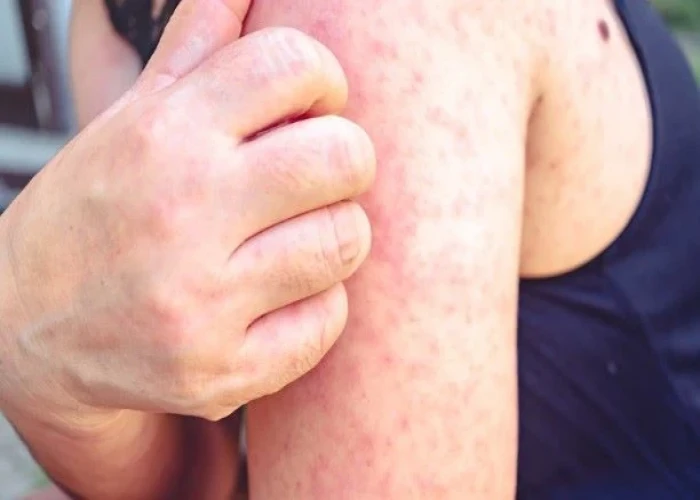
Kawasaki disease

Skin cancer
medication overuse headaches, ওষুধ অতিরিক্ত ব্যবহার মাথাব্যাথা
To be happy, beautiful, healthy, wealthy, hale and long-lived stay with DM3S.
